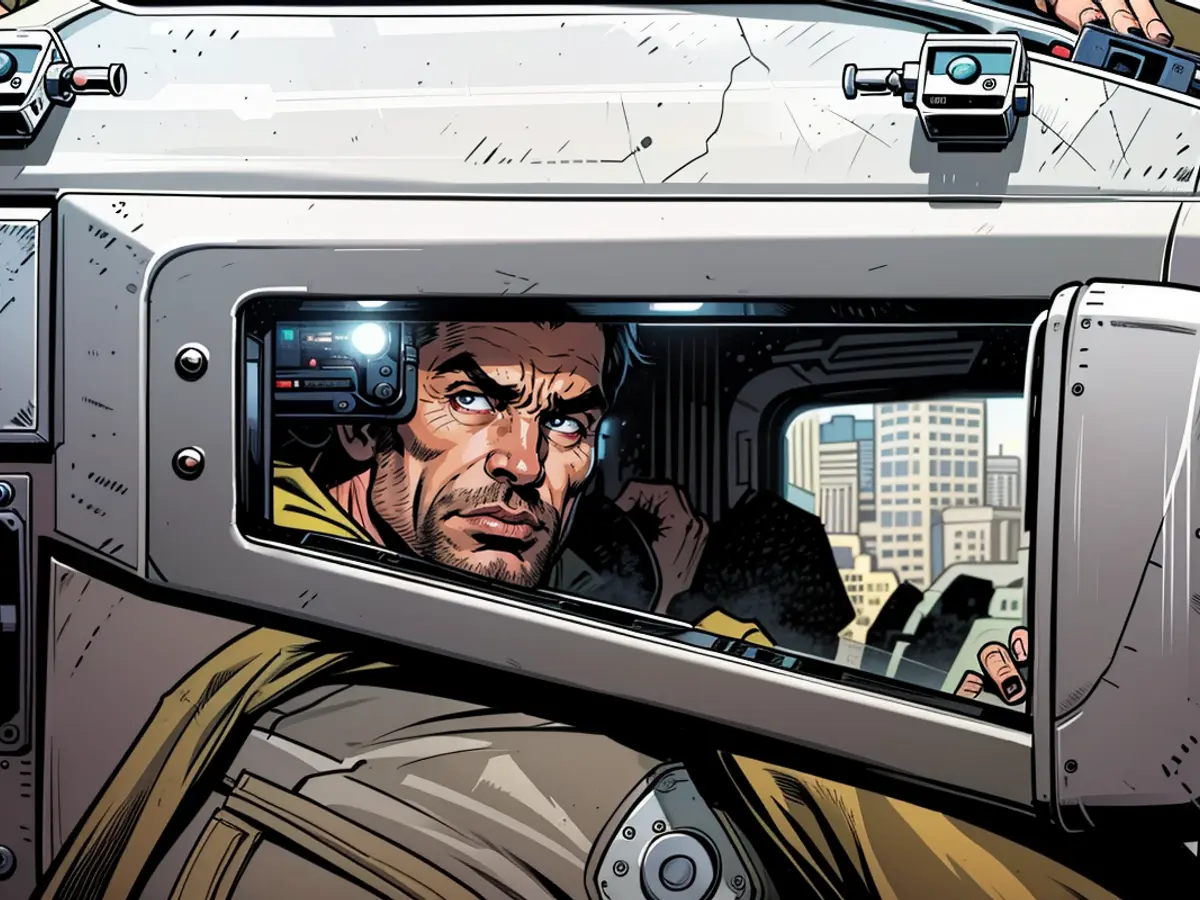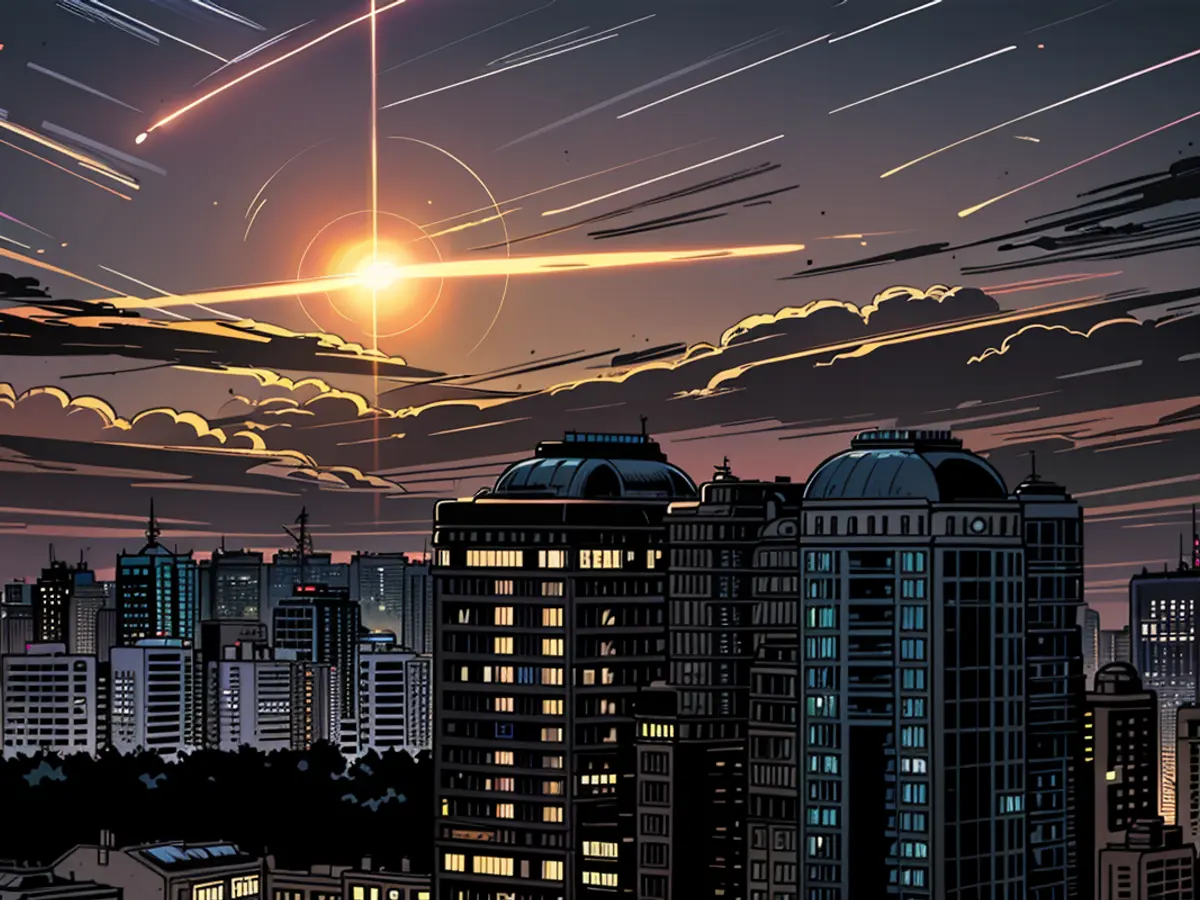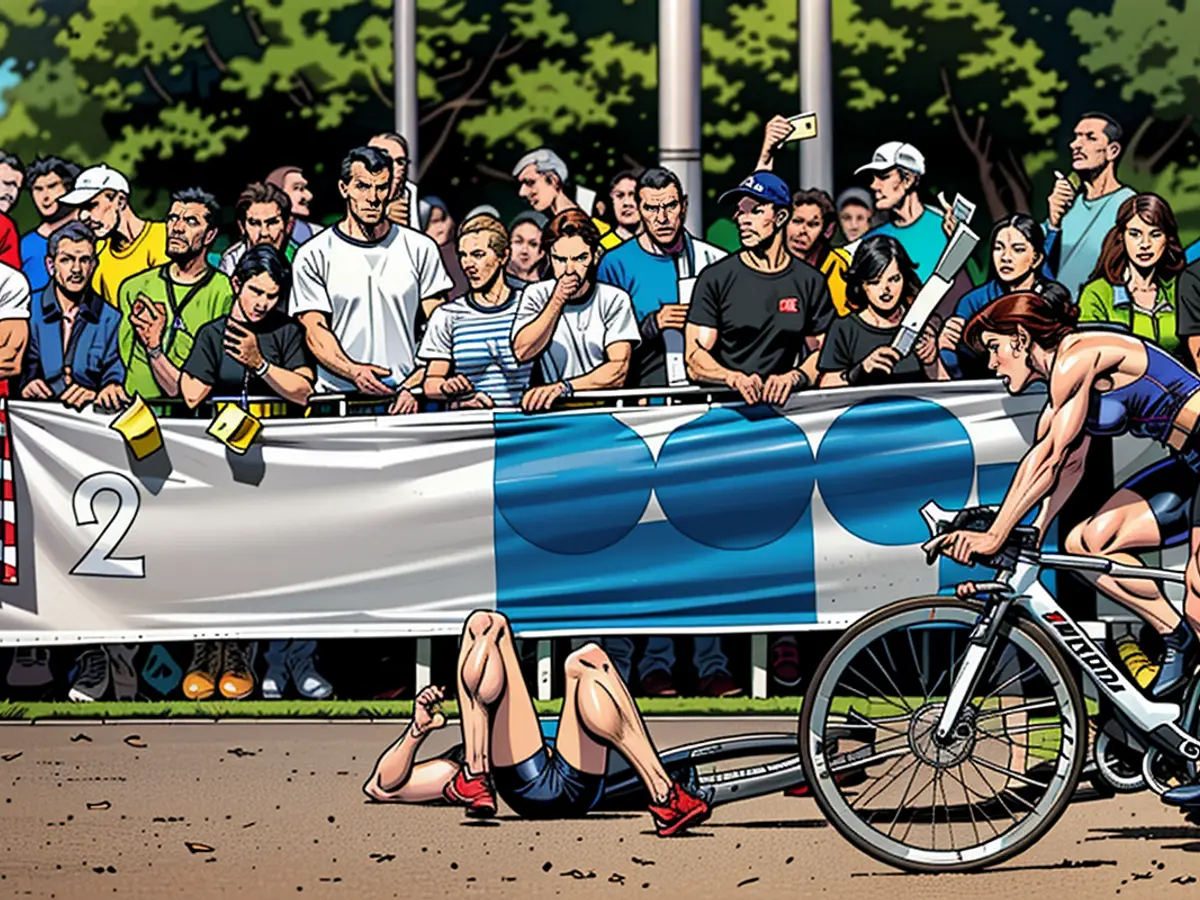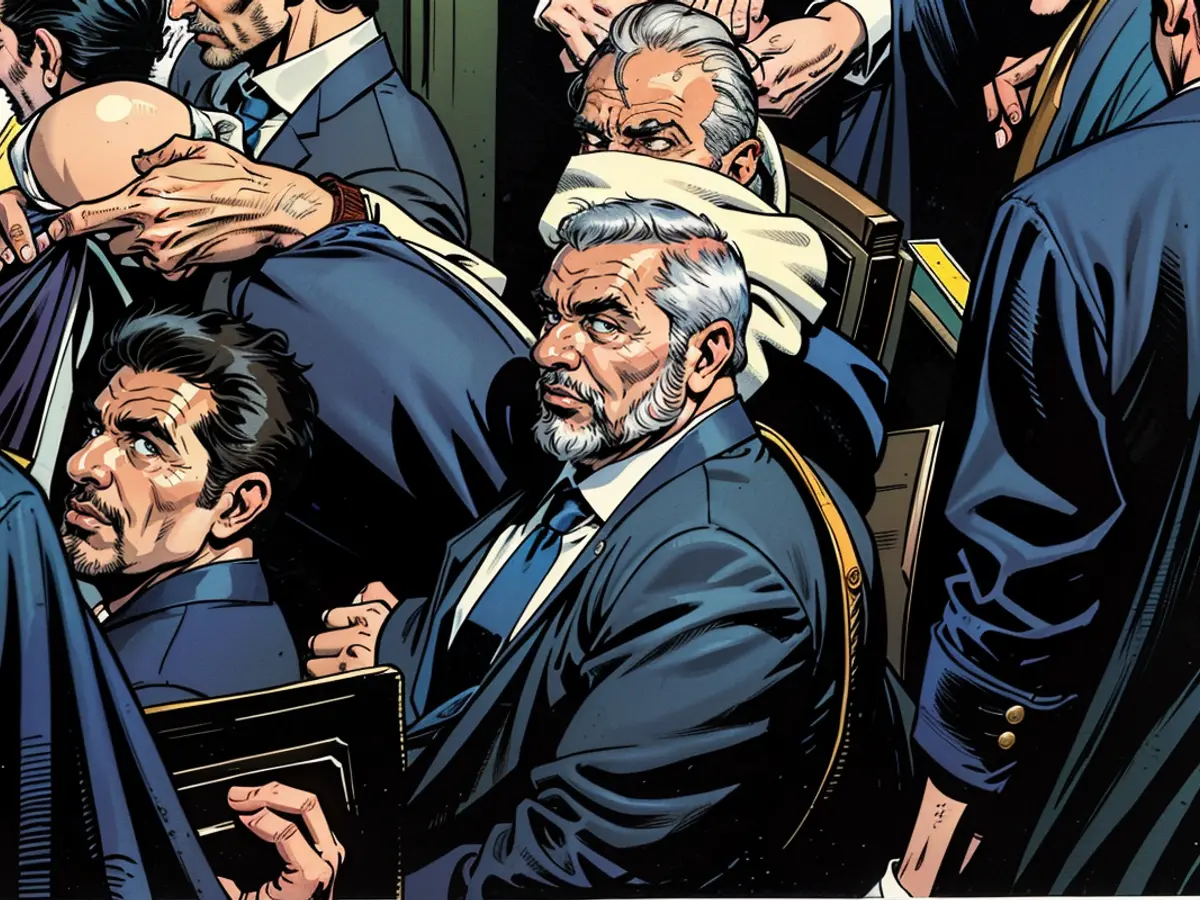Pistorius: debate on new US weapons not compulsory
The NATO Double-Track Decision in the 1980s was preceded by a wide, controversial discussion. The US decision to now station new missiles in Germany is announced without such a discussion. Defense Minister Pistorius rejects criticism but is open to a Bundestag debate.
Defense Minister Boris Pistorius has dismissed criticism of the federal government's approach to the agreement with the US on the stationing of long-range weapons. He said that there's nothing against discussing this topic openly in the Bundestag, but it's not a matter that should have been discussed in parliament beforehand. He also stressed that it's not comparable to the NATO Double-Track Decision of the 1980s.
At the recent NATO summit in Washington, the US and Germany announced the stationing of Tomahawk cruise missiles, SM-6 missiles, and new hypersonic weapons from 2026 onwards, citing threats from Russia as justification. This decision came as a surprise to many Bundestag members, with criticism and calls for parliamentary involvement coming from several parties, including Pistorius' own SPD.
On the sidelines of his visit to the US state of Hawaii, Pistorius said that the stationing involves conventional weapons, not those with nuclear warheads. He emphasized that Russia has had weapons of this and other ranges for some time and has violated the INF treaty, which regulates nuclear medium-range systems.
Pistorius: Deterrence, not Threat
Pistorius said that the stationing of longer-range conventional weapons is about "real deterrence." It's about closing the gap on our side, not to threaten anyone, but to make it clear that a potential attack on NATO territory would have such a high cost for Russia that the risk would no longer be calculable.
The NATO Double-Track Decision, which sparked fierce debates in Germany in 1979, was a reaction to the deployment of Soviet SS-20 missiles that could reach targets in Western Europe. It called for the "modernization" of NATO's nuclear forces and offered Moscow talks on arms control at the same time.
Retired Brigadier General Heinrich Fischer described the decision as "urgently needed." He wrote in the specialist magazine "European Security & Technology" that it sends a clear signal of US leadership in the alliance and improves the credibility of deterrence through a conventional capability increase. He also said that reactions from the Kremlin indicate the increased deterrent value that can be achieved through the planned stationing of these weapons. Fischer was previously the commander of the Army Schools and deputy chief of the Army Office.
Fischer points to weapon systems in the Russian exclave of Kaliningrad that pose a real threat to NATO's defense planning in Central Europe and the Baltic region. In a conflict scenario, the deployment of NATO ground forces from the center to the eastern flank would not be timely or of sufficient strength. A collapse of defense by the already present NATO troops would be accelerated. "The territory of the Federal Republic of Germany, in its role as a strategic logistic hub, would be exposed to an escalated threat in this process," he states.
According to Fischer's assessment, these weapons are necessary to destroy Russian military capabilities and prevent NATO troops from entering an operational area ("Anti Access") or maintaining operational freedom in the theater ("Area Denial"). The general describes this fight as being conducted in five phases. In the first phase of competition, enemy forces would be continuously monitored before an armed conflict and then gradually destroyed to create room for maneuver for one's own troops.
Fischer sees the deployment as a significant enhancement of NATO's conventional capabilities, which strengthens the credibility of its deterrence strategy "while raising the nuclear threshold." He recalls that the Tomahawks stationed in Germany during the Cold War carried a nuclear warhead.
The European Union, being a key player in international politics, has expressed concern over the deployment of new weapons in Germany, voicing its stance during a recent meeting with the German government. Despite the US and Germany's justification for the stationing of missiles, some EU members believe that a broader discussion involving parliaments would have been more appropriate.
Given the history of the NATO Double-Track Decision in the 1980s, some analysts argue that the current situation share some similarities in terms of the need for a comprehensive debate. Retired Brigadier General Heinrich Fischer, for instance, has highlighted the importance of a thorough discussion in the Bundestag, comparing it to the significant debates that took place during the NATO Double-Track Decision.







